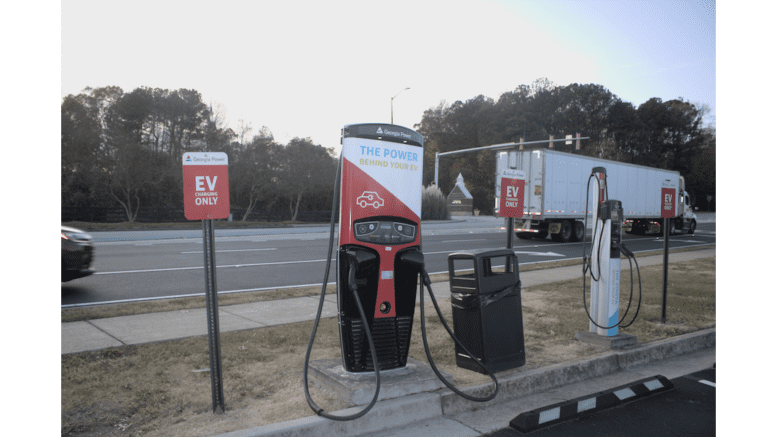AAA has created a buyer’s guide to used electric vehicles (EV) to help consumers who want to buy an EV, but can’t afford the steep price of a new one.
“Making the switch to an electric vehicle may seem overwhelming and consumers have a lot of questions. That’s why AAA developed a Used EV Buyer’s Guide, which aims to answer those questions and cover essential topics related to buying an EV,” said Montrae Waiters, spokeswoman, AAA – The Auto Club Group. “Whether they’re looking to buy new or used, this guide can help consumers buy an EV with confidence.”
According to its press release, AAA’s Used EV Buyer’s Guide Offers “A Pre-Shopping Checklist” including:
- Basic background of EVs
- Driving range and charging
- Used EV ownership cost comparisons (battery versus gas-powered)
- Repair and maintenance costs
- Supplemental AAA Car Buying Resources
- What to look for in a used EV
In the press release, AAA gives the following context about the current prices of EVs and about some of the considerations as drivers consider whether an EV is right for them:
“The 2017 Tesla Model S 75 is a high-performance large sedan with a range of 249 miles and an original MSRP of about $70,000. Currently, a used model might cost $50,000 or more. The more moderately priced 2017 Nissan LEAF S is an economical compact hatchback with a stated range of 107 miles and an original MSRP of about $30,000. A used model might currently cost less than $15,000.”
“Used EV Ownership Costs
- Buyers can expect to spend thousands less on a used EV than on a new one.
- Overall, used EVs are generally less expensive to own than similar used gas-powered vehicles.
- The most significant savings were in fuel, repair, maintenance, fees, and taxes (due to available rebates for some EVs).
- Fueling a gas vehicle costs roughly three times as much as charging a similar EV.
- Tax incentives of up to $4,000 are available to consumers to purchase used EVs.
- EVs typically cost less to maintain but used EV owners have to consider the potential cost of eventually replacing the battery, which can be expensive.
“Driving Range & Charging
- Driving range and charging are the most common concerns for prospective EV buyers. The good news — most EVs have more than enough range for daily driving habits.
- Overnight charging at home that uses a 240-volt source (known as Level 2) can get most EVs back to full capacity by morning.
- While public charging is not as readily available as gas stations, it is growing quickly. With extra planning, EV owners can eliminate concerns about running out of charge.
“Shopping for a Used EV
- EVs are still relatively new to the market, so car buyers may find that used EVs consist primarily of compact sedans and crossovers.
- Before shopping, car buyers should list their vehicle needs (i.e., driving range, size, performance) to ensure they select the right vehicle for the best price.
- When buying a used EV, it is imperative to find a vehicle with a warranty that still has a lot of time before it expires and specifically covers the replacement of the traction battery.”




